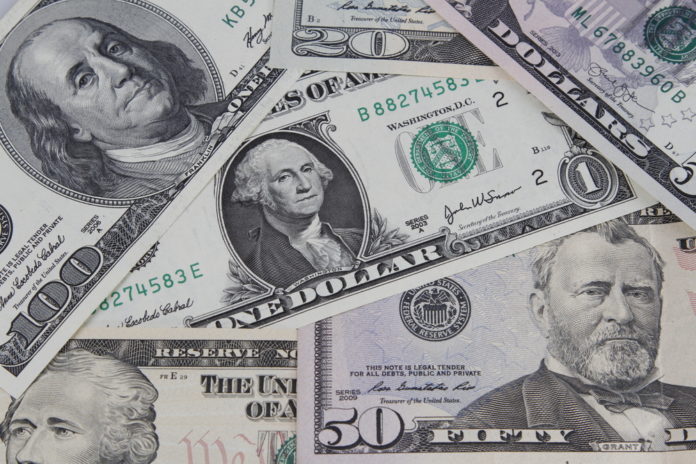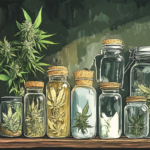An increase in supply due to legalization seems to decrease prices for marijuana.
Marijuana has existed mostly on the black market for the past century. This has contributed to higher prices, as growers and dealers have to risk breaking the law to distribute. Additionally, direct competition is reduced without publicly known pricing.
There is good news for those who are hoping to see a reduction in marijuana prices. Recently, Steve Davenport of the Pardee RAND Graduate School and Jonathan Caulkins, a professor at Carnegie Mellon University put together data on marijuana pricing based on Washington state’s Liquor and Cannabis Board. After an initial price increase, which Davenport linked to low supply when the recreational system was first implemented, prices “are now steadily falling at about 2 percent per month. If that trend holds, prices may fall 25 percent each year going forward.”
While charging less may sound like a resounding victory for everyone, there are both advantages and disadvantages to the lower prices.
Patients on a fixed income can gain access to medication far easier as prices fall. Additionally, inexpensive marijuana can make other pharmaceutical medications, with the potential for abuse, far less appealing.
Those purchasing marijuana purely for recreational purposes will obviously appreciate lower prices as well. The average price of a cocktail seems to be rising steadily so this may offer consumers a safer and perhaps less expensive option.
However, there are some potential drawbacks to the lowering of marijuana prices. While regulation aims to keep marijuana out of the hands of minors, a lower price could make it easier for them to attain. It remains to be seen if that is actually the case but is obviously a concern for many.
Small to medium sized grows can also be impacted by dispensaries charging less. Costs associated with cultivation are not going down. A loss in profits could push smaller grows out of business and allow for larger corporate minded grows to swoop in.
Another potential drawback of lower pricing relates to marijuana taxes. Revenues and projections collected could be significantly lower as shops take in less revenue. The tax rates are typically set at a percentage of an overall transaction. Lower prices could mean fewer taxes collected. Tax revenues generated from legal marijuana sales has been one of the major motivators for legalization. In Colorado, millions of tax dollars collected from marijuana sales are being used to improve the public education system.
Legalization is almost surely going to continue. This could bring new revenues in the form of increased transactions across the United States. Additionally, as more people work in the marijuana field, there will be more income taxes collected. If tax revenues fall short of projections then it may be possible to see a flat tax or surcharge applied to transactions to make up for lost revenue.












